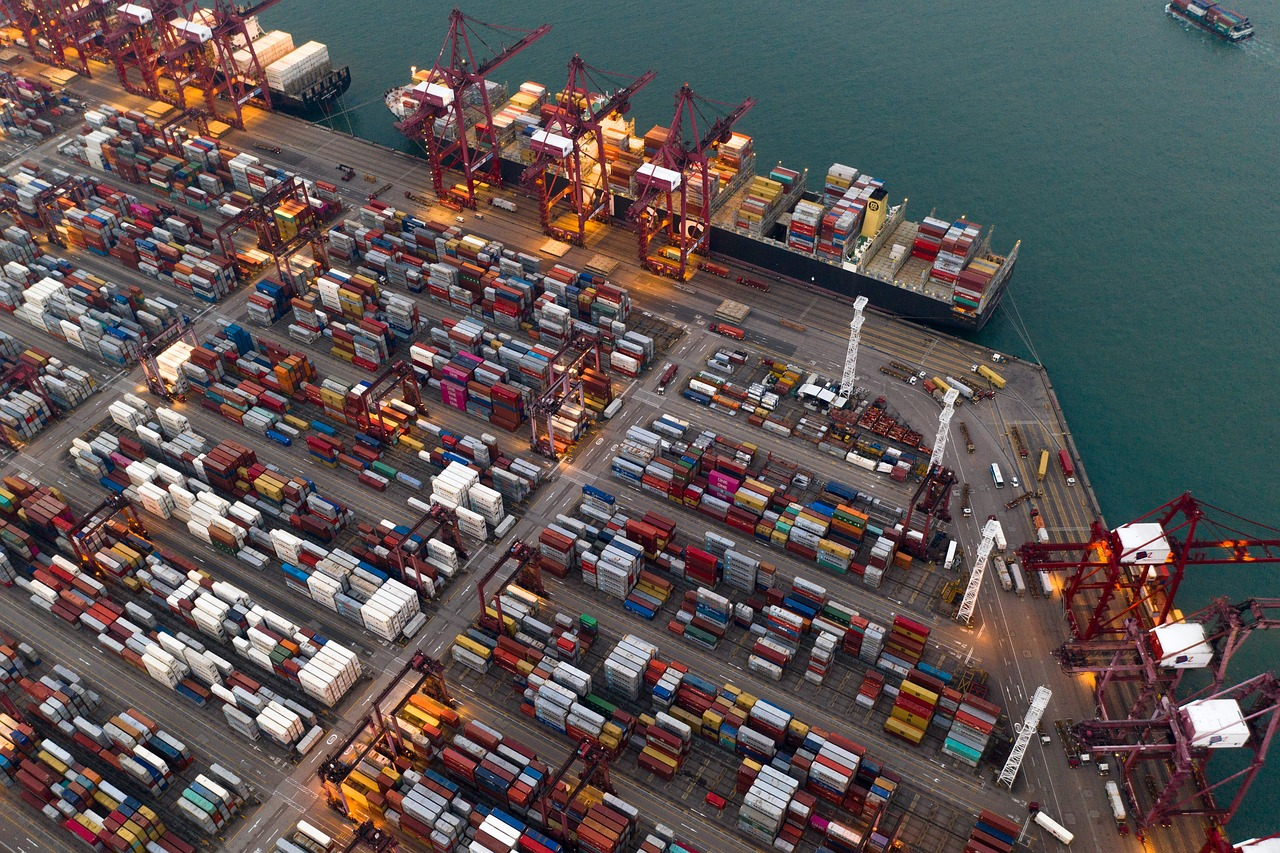Blockchain technology has gained immense popularity in recent years as a secure and transparent digital ledger. Its benefits have been well recognised across various industries. For commodity markets and segments, blockchain offers unique use cases and opportunities. The technology offers solutions to various challenges in commodity trading, from supply chain management to trading strategies. In this article, we will explore the various use cases of blockchain technology for commodity trading.
Traceability
Traceability is a crucial aspect of commodity trading. It is essential to know the origin of the commodity, its production process, and any other relevant information along the supply chain. For instance, the original source and quality of crops are key provenance factors for agricultural commodities. Blockchains are an optimal environment to establish such transparency. By creating an immutable and transparent ledger, blockchain technology can ensure that commodities are ethically sourced, sustainably produced, and meet the requisite quality standards.
Blockchains can be used to store information about the origin of a commodity, including details about the producer, the location of production, and the production process. This information can be accessed by all stakeholders, including investors, regulators, and other parties involved along the value chain of commodities. This level of transparency can help build trust in the commodity trading ecosystem and reduce the risk of fraud.
Smart Contracts
Smart contracts are blockchain-based self-executing contracts that are programmed to execute automatically based on predefined conditions. Blockchain technology can be used to automate the execution of contracts between buyers and sellers of commodities. This can help reduce transaction costs, increase efficiency, and improve transparency in the commodity trading process.
Smart contracts can be programmed to execute based on predefined conditions such as price, quantity, and delivery time. This ensures that both parties fulfill their obligations without any room for disputes.
Tokenisation
Tokenisation is the process of converting a physical asset or commodity into a digital token. Blockchain technology can be used to tokenise commodities, allowing them to be traded via digital channels in a flexible and streamlined way. This can help increase liquidity in the market and make commodity trading more accessible to a wider range of investors.
At the moment, most commodity traders who don’t own the underlying asset need to use commodity exchanges. Blockchain could be an ideal new, digital trading environment for many of these traders.
Tokenisation of commodities can help increase the efficiency of the commodity trading ecosystem. By tokenising commodities, investors can trade in smaller units, reducing the barriers to entry for smaller market players.
Risk Management
Risk management is a crucial aspect of commodity trading. It is essential to manage risks such as supply chain disruptions, exchange rate fluctuations, or regulatory obstacles. Blockchain technology can be used to manage risks in commodity trading by creating smart contracts that automatically trigger payments or other actions based on certain events or conditions.
Having pre-programmed, automatically executing processes can help protect transacting parties against disputes and the dependence on manual action along the supply chain.
Cross-Border Payments
Another use case for blockchain technology in commodity trading is cross-border payments. Blockchain technology can help reduce the time and cost of cross-border payments significantly. Cryptocurrencies, the main digital currency units used in blockchains, are a natural solution to commodity payments’ optimisation given that a large share of these payments involve international transactions.
Naturally, traditional financial institutions, i.e., the banking system, aren’t going to be the most excited party if commodity traders take up crypto payments on a large scale.
The above use cases for blockchain in commodity markets - traceability, smart contracts, tokenisation, risk management, and cross-border payments - hold massive potential to streamline and improve both the logistical and financial aspects of commodity trading. The technology is already here with us, but will the key commodity market players – government regulators, banks, logistics companies, and major institutional commodity producers and traders – want to move towards such profound changes?

